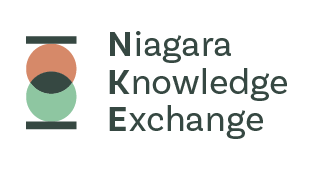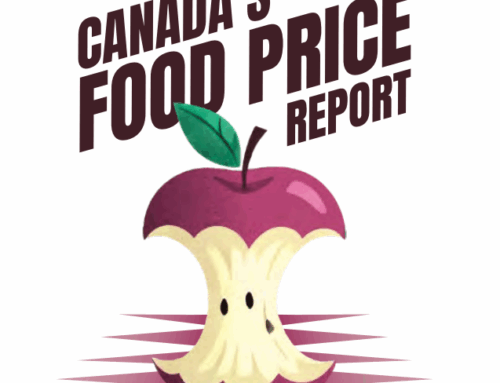Food insecurity – inadequate or uncertain access to food because of financial constraints – is a serious public health problem in Canada. Drawing on data for 103,500 households from Statistics Canada’s Canadian Community Health Survey conducted in 2017 and 2018, PROOF researchers found that 12.7% of households experienced some level of food insecurity in the previous 12 months. There were 4.4 million people, including more than 1.2 million children under the age of 18, living in food-insecure households in 2017-18. This is higher than any prior national estimate.
PROOF Food Insecurity Policy Research co-investigators are from the University of Toronto, the University of Illinois at Urbana-Champaign, the University of Calgary, Memorial University, and the Centre for Addiction and Mental Health (CAMH). PROOF examines household food insecurity in Canada and focuses on the following areas:
-the cost of food insecurity,
-current policies and food insecurity,
-defining the material conditions necessary to prevent household food insecurity,
-modeling the impact of interventions on household food insecurity, and
-understanding how food insecurity is framed as a policy issue.
Published By: PROOF Food Insecurity Policy Research
Publication Date: 2020






